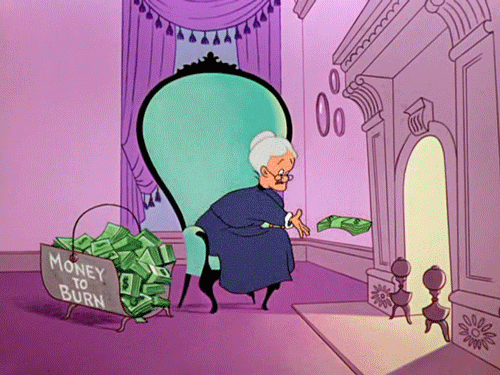
7 Ways to Stop Burning Your Google Ads Budget
Every brand wants optimum visibility in the search results. Try though they might, most fail.
Because of the obvious value of appearing atop the first page of search results pages, the war to rank your homepage, landing pages and key pages of your website is furious.
The competition expands relentlessly while more often than not, the onscreen real estate you covet has shrunk to a piece of glass with dimensions roughly the size of a half slice of bread.
More bad news: achieving top spots on organic search generally requires owning one of the most authoritative website in your industry. Achieving as much now takes years of commitment to creating remarkable content and optimizing it better than the rest of the pack.
I’ll segue to paid search now, and ask you to realize one last hurdle: atop most Google search engine results pages (SERPs) users discover ads.
For searches such as these, the greatest blog post, ebook, study, video, infographic, or product page in the world does not outrank the Google Ads listings.
Pay-per-click ads usually rule the top of search results.
Now for the good news…
You can pay for the privilege to get a link to your page to appear there. But don’t let the casual pay-per-click (PPC) proponent fool you. It’s not easy to justify continuously investing marketing dollars in the program.
You have to get good at it. You have to make more than you spend.
Let’s look at seven ways to avoid burning money on Google Ads, so you can prosper from the world’s most used ad network.
Want to know how much money you’re wasting in Google Ads—and how you can stop it? Get a free account audit with our Google Ads Performance Grader today!
1. Squash click fraud
If not contained, click fraud can murder your PPC budget. Last year, CNBC reported alarming stats on the matter:
- Nearly 20 percent of total digital ad spend was wasted due to click fraud in 2016.
- Click fraud will cost brands $16.4 billion globally in 2017.
Whoa.
Search engines tell you they do everything in their power to combat click fraud and invalid traffic, but you’d be foolish to rely on their measures only.
The way to protect your budget is to respond proactively with a tool such as ClickCease expressly designed to enable you to combat click fraud.
Fueled by insights from activity logs, Google Ads buyers can identify IP addresses, referring websites and geographic territories where fraudulent activity comes from and adjust accordingly.
You can also drastically reduce click fraud on the Display Network by using exclusions and managed placements.
2. Focus on buyer intent
All searches are not created equal. With CPCs rising every year, search marketers can no longer afford to think of all searches for specific keywords as quality buyer intent signals.
Ignoring signals can severely diminish performance. Understand the ways prospects engage with your brand at different stages of the sales funnel to align your campaign accordingly and make the most relevant offer at each level of search intent.
3. Bid on branded keywords
Is it wise to trim your budget by not bidding on searches for your brand or products? Many would say, “Yes, we’ll rank for those phrases anyway.”
But realize this: if you don’t control the ads that appear when your brand name is searched, one or more of your competitors will. That’s dangerous.
“The number one reason to bid on your own brand name is to make sure your competitors don’t have an ad that ranks higher than your organic result and steal valuable clicks in the process,” writes Joe Putname of iSpionage. (Note: their service notifies you when competitors bid on your brand terms.)
Another thing to understand is branded clicks tend to be inexpensive. You can expect super high Quality Scores for branded terms, which keeps your click costs very low.
Your average CPC is likely to be just a fraction of the price you pay for other keywords. And they convert well too.
4. Beware of broad match
Understand the difference between broad match and exact match.
With broad match—the default setting for Google Ads buys—your ads will be shown for searches that are related to your keywords, not specifically the precise keywords.
Broad match is the way to go when you want to reach the widest audience possible. However, “banking” on broad match hits your bank account harder.
You get more impressions that are less targeted. Inevitably, you wind up paying for clicks from people who don’t align well with your offer.
For example, you may be tempted to use a keyword like “guitar,” but because it’s so broad, you may generate clicks (and charges for those clicks) far from searches you covet, such as “learn how to play finger style guitar.” That’s not likely to result in a sale.
It should be easy to see how buyer intent enters into the formula and how the match type you select can affect your spend.
5. Use negative keywords
Choosing what not to target is another key to curbing costs and realizing superior ROI in Google Ads.
Use negative keywords for your Google Ads buys to eliminate unwanted traffic and the costs it incurs. With negative keywords, you dictate to Google specific words that appear in user searches for which you do not want to serve your ad.
Negative keywords are one of the most commonly neglected areas in paid search
Look for search terms similar to your keywords, but likely to cater to customers searching for a different product, service, or content.
For example, if you sell birthday cakes, you might consider using negative keywords such as “birthday cake ideas” or “birthday cake recipes,” keywords that suggest searchers are looking to learn or DIY instead of purchase.
According to ClickCease, “free”, “cheap”, and “wholesale” are prime contenders for your negative keywords lists (unless your products are one of those things).
6. Aim lower
What I’m talking about here sounds odd, doesn’t it? Aim lower? Whether you’re learning paid or organic search, you’ve grown accustomed to gathering advice about ranking in the highest possible position.
With Google Ads, you pay more to be number one. Consider NOT being number one.
This tip comes from Oribi, where blogger Asi Dayan writes, “Being in the first position usually requires a much higher bid compared to what it takes to be second or third, even if you have a high Quality Score, and in most cases will dramatically increase your CPA, up to the point that it is not cost-effective.”
Dayan goes on to explain by focusing on average positions lower than number one, your ads will still be seen and clicked on in high volumes, but you’ll save money in Google Ads.
7. Measure your results
A cardinal sin in the PPC arena—and a sure way to burn through ad dollars—is failing to closely monitor results. And please note, clicks do not equate to results; conversions do.
There are a number of nuances to conversion tracking over which you have extensive control. For more information on determining which metrics you need to monitor and a guide to setting up your tracking, check out Google Ads Event Tracking Made Easy.
Also, introduced in fall of 2021, the Google Ads budget report can help you with understanding how Google is spending your daily budget.
Make Google Ads pay
Clearly, buying into the Google Ads program is a shortcut to appearing atop the search engine results pages that can contribute to the growth of your brand.
However, your pursuits in PPC won’t last long if your investments are not paying you back. You may have the luxury of having the budget to allow for some ramp time to achieve positive ROI, but the longer the time frame is, the more expensive and dangerous it is.
In the interest of cashing in on one of modern media’s most prominent channel, you need to learn how to avoid making costly mistakes, reduce customer acquisition costs and make Google Ads pay.
About the author
Barry Feldman is the founder of Feldman Creative and author of several marketing books including The Road to Recognition. He’s a content marketing strategist, copywriter, creative director, podcaster, and speaker. Barry educates digital marketers on his blog, The Point, and many other sites across the web. Follow him on Twitter @FeldmanCreative.

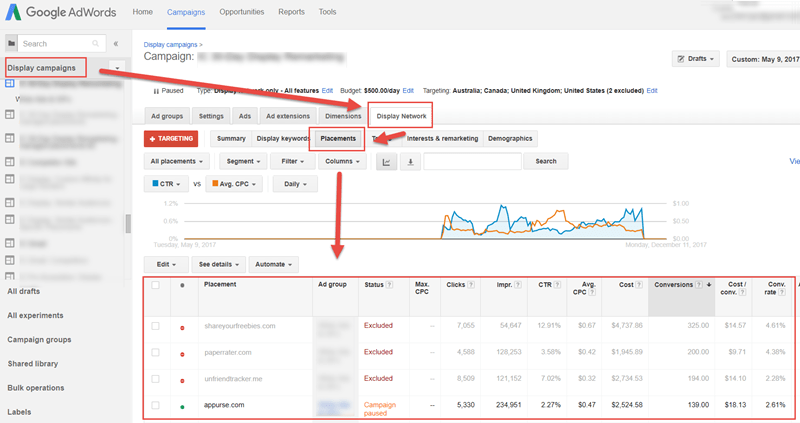

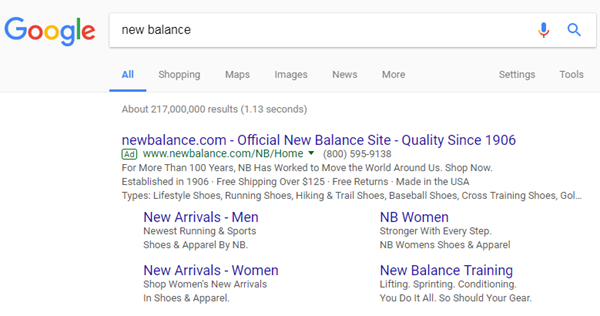
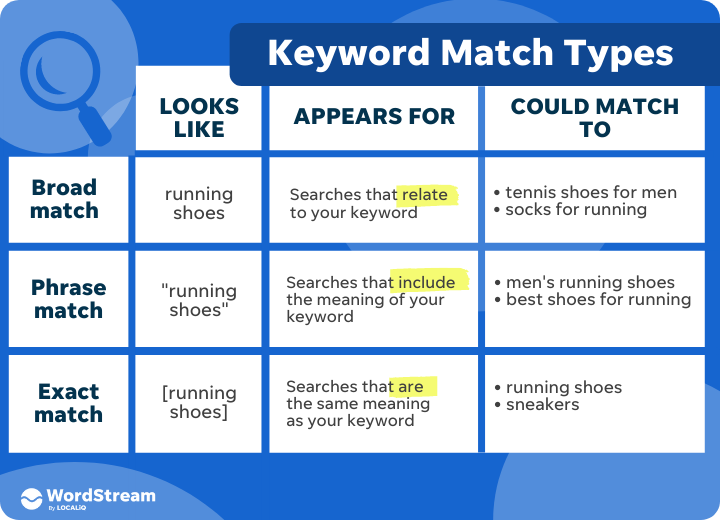

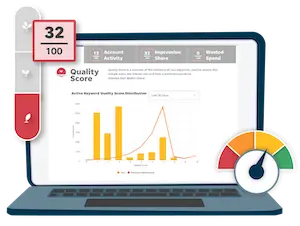







Comments
Please read our Comment Policy before commenting.